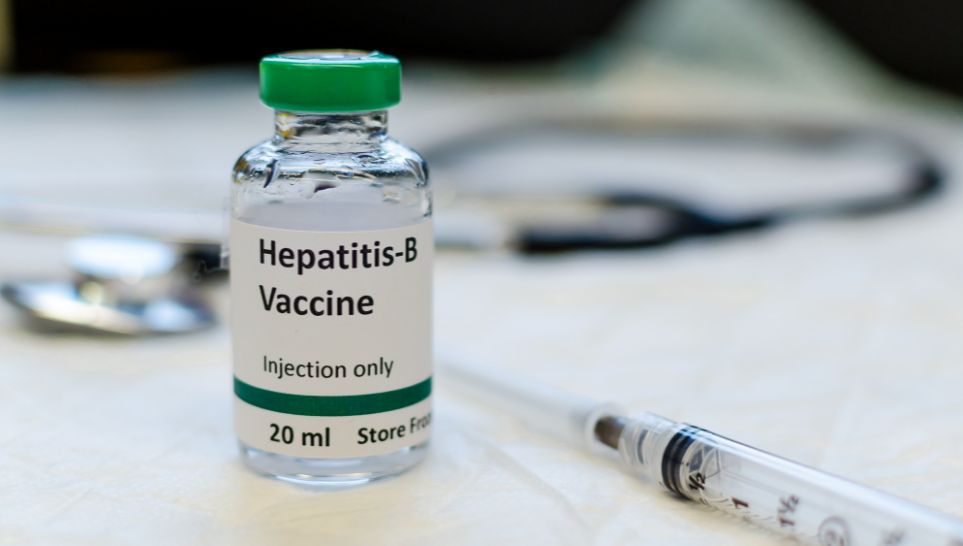
Outside of the flu vaccination, the tetanus shot is one of the most common vaccinations that people receive in the United States and worldwide. In fact, nearly 86 percent of infants around the world receive this vaccination. A normal course of vaccination for tetanus involves three injections that can begin as soon as six weeks of age. These doses are then administered approximately every four years until the course of vaccination is complete. Like any vaccination, no matter how necessary it may be, those who receive it may still be at risk for injury. The risks are compounded by the fact that those who receive the vaccinations are given them at a very young age. Here are some of the injuries that can result from a tetanus vaccination.
Shoulder Injuries
One of the most common injuries from the tetanus vaccine is to the infant or child’s shoulder. This injury occurs much in the same way that SIRVA results from the flu shot. The injury occurs when the vaccine is given in the wrong part of shoulder. Namely, when the injection is given too high on the shoulder directly into the deltoid capsule, it can result in permanent injury. This can include a loss of the range of motion in the shoulder. There can also be frozen shoulder or swelling. While many of these injuries go away over time, some of the side effects can be permanent. For children, the damage is compounded by the fact that the injection has been given to a shoulder in a developing and growing body. Adults who receive the tetanus vaccine are also at risk for these injuries. There have been several cases that have gone in front of the special vaccine court that have involved compensation for adults who developed tendinitis of rotator cuff tears from a tetanus vaccine injection.
High Fever and Seizure (Brain Injuries)
These are some of the most severe injuries resulting from tetanus vaccination. A 1990 study of children in Tennessee revealed that almost one in a hundred children who have received the tetanus vaccination suffered some form of seizures as a result. However, the occurrence of seizures is generally dependent on a prior history of seizures. Children who have not previously had seizures are less at risk of developing seizures. Fever is also a common side effect. While not every case of the fever will result in lasting damage, if the fever is high enough, it could cause some form of brain damage. The most severe side effect from tetanus vaccination is encephalitis. While this is a very rare occurrence, it is also very severe. This occurs when the brain tissue becomes inflamed and can have long-term and permanent effects on the patient. It results from some sort of a viral infection as a predicate and can be life-threatening in the most severe cases. One of the highest compensation payments ever made by the Vaccine Injury Compensation Program was made due to encephalitis resulting from a tetanus vaccination. In that case, the compensation paid by the VICP exceeded $4 million due to the severity of the illness.
Severe Allergic Reaction
Tetanus shots contain not only the virus, but also various additives to preserve and stabilize it. Many times, the tetanus vaccination is given before the child’s allergies are apparent and known. Especially when the vaccine is administered to a six week old baby, the injection may be the first indication that the parents have that their child has a severe allergy. While many allergic reactions to the tetanus vaccination are mild, there is the possibility of a more severe anaphylactic reaction that must immediately be treated to avoid severe injury, including death. Although a severe allergic reaction is exceedingly rare, it is extremely dangerous. The most severe reactions can involve difficulty breathing. The reaction can also impact the heart by causing a rapid heartbeat. If there is anaphylaxis, you should seek immediate medical treatment. Of course, if there are known severe allergies, you should consult with a physician prior to a tetanus vaccination since those with these allergies may be at a higher risk of a severe reaction.
Guillan-Barre Syndrome
Any vaccination can result in this illness some time after the injection. This occurs when the body’s immune system attacks the nervous system in the wake of an infection. Many vaccines introduce some form of the infection into the body in order to help build antibodies to the virus. This results in muscle weakness and difficulty walking. In some cases, the patient will experience severe pain. The most severe cases of this illness can result in difficulty breathing and death. Many injuries associated with Guillan-Barre Syndrome can go away after an extended period of time with a regimen of physical therapy. However, in some cases, the damage can be permanent. Anyone who has had Guillan-Barre Syndrome in the past may not be a candidate for the tetanus vaccination.
If your loved one has been injured by a tetanus vaccination, you may be eligible for compensation. The tetanus vaccine is covered by the Vaccine Injury Compensation Program. There have been over 600 cases where claims filed with the VICP for injuries resulting from tetanus vaccinations have been compensated by the VICP. While severe injuries from tetanus vaccinations are rare, it does not make your case of these complications any less severe if you have experienced it. You should consult with an attorney to find out how you can file a claim for compensation with the VICP.





